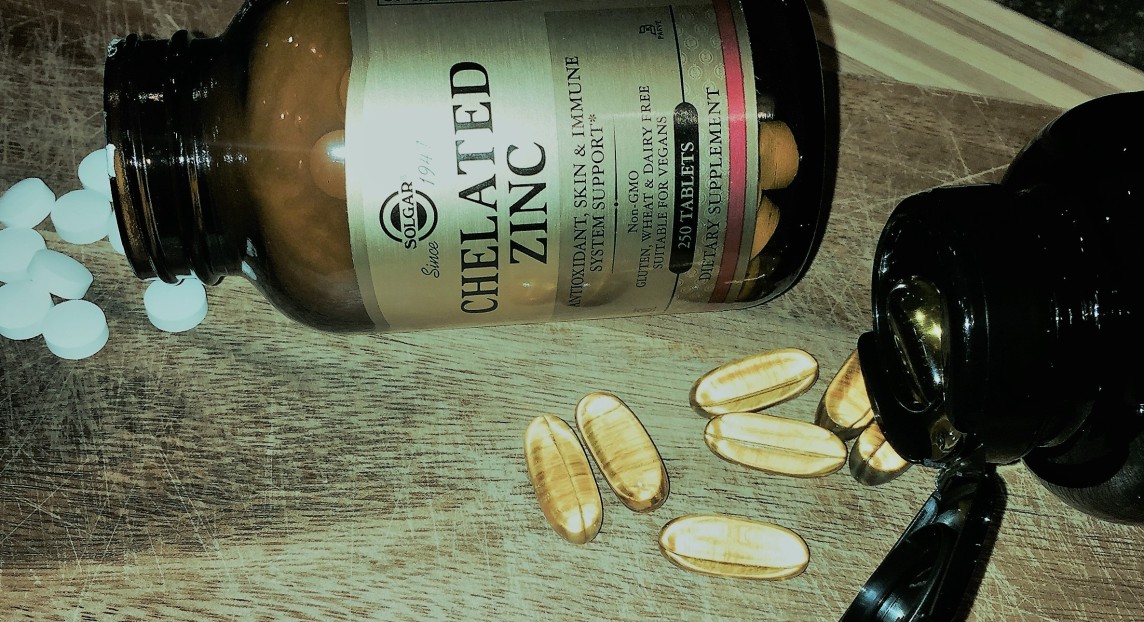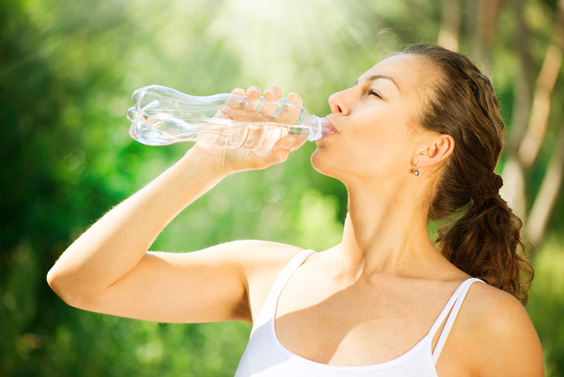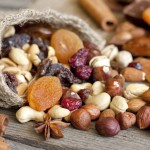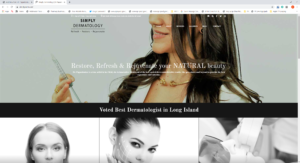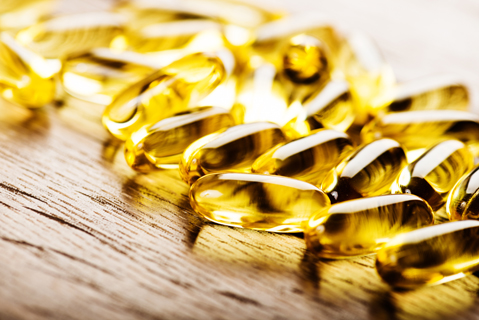
The Best Supplements For Your Acne & Rosacea!
Along with the idea of how important nutrition is for our skin and acne, there are several key supplements that can help keep your skin looking clear. A combination of vitamins and natural supplements can help to maintain healthy skin and nails. It is important to remember that supplements can take 8-12 weeks before significant changes are noted in our skin…so be patient and do not give up. In my office I consult patients on diet, supplements, skin care and will also prescribe topical and oral therapies as adjuncts to treatment, but I first make a note to stress the importance of diet and supplements.
I will go over which supplements work best, and how to pick which ones for your skin. Rosacea and acne have a lot of overlap when it comes to oral supplements. For hormonal acne, I have a few recommendations that are specific for women.If you have a health condition or are taking medications always speak with your doctor before starting a new supplement.
Vitamin A
This power vitamin, works on much more than just vision, it is integral to our immune function, and plays a powerful role in skin, hair and nails. In fact the treatment known as Accutane, is essentially a synthetic form of vitamin A, so it would make sense that supplementation with vitamin A would be of benefit to your skin. (However, if already taking Accutane, do not take vitamin A supplements). A daily dose of 5.000 I.U. in an oil capsule, in the retinol form I find is most beneficial. Take with a fatty meal such as dinner.
Niacinamide (Vitamin B3)
This vitamin has a potent anti-inflamatory effect on the skin, in addition to its importance in maintaining the barrier function of our skin. Niacinamide is particularly helpful for both acne and rosacea. The recommended dosage is 500-800mg twice daily. Unlike Niacin, Niacinamide should not cause redness or flushing of the skin.
Zinc
There are many studies that have shown the benefit of taking daily zinc in the reduction of acne and rosacea. Zinc is essential to the proper function of our skin, and can be found in many foods such as pumpkin seeds, oysters and beef. Zinc picolinate or chelated zinc may have better absorption and effect than zinc gluconate. The general recommended dose is 50mg per day. This will not only help rosacea and acne but will probably prevent or ease the common cold. Make sure to take zinc with food to prevent stomach upset.
Borage Oil & Evening Primrose Oil
If you have never heard of either of these oils, they are widely used for the treatment of menopausal symptoms, PMS, and work great for the hormonal component of acne. These oils are derived from plants, and are high in anti-inflammatory fatty acids, and are precursors to the production of our own hormones, this can help to stabilize imbalances. Many patients swear by this for their acne, and I am often recommending this for hormonal acne. Often hormonal acne will be noted in the beard distribution, along the jawline, lower cheeks and upper neck area, but can also include the chest and back.
Probiotics
Our gut flora and digestive tracts have a strong impact on acne and rosacea as well. It may sound like a lot of supplements, but maintaining a healthy gut should not be overlooked for its importance. A natural way to increase your intake of good bacteria is to eat fermented foods such as sauerkraut and kimchi (these are non-dairy recommendations).
Spearmint Tea
No kidding. Studies have shown that 1 cup twice daily reduced hormonal acne and even facial hair in women. With a mild mint flavor, this tea is very pleasant, to sweeten it try a teaspoon of raw honey (also so good for you).
Green Tea
The powerful green tea polyphenols found in this tea work well for your overall health, and are wonderful anti-oxidants that can help brighten your complexion and reduce both acne and rosacea flares.

